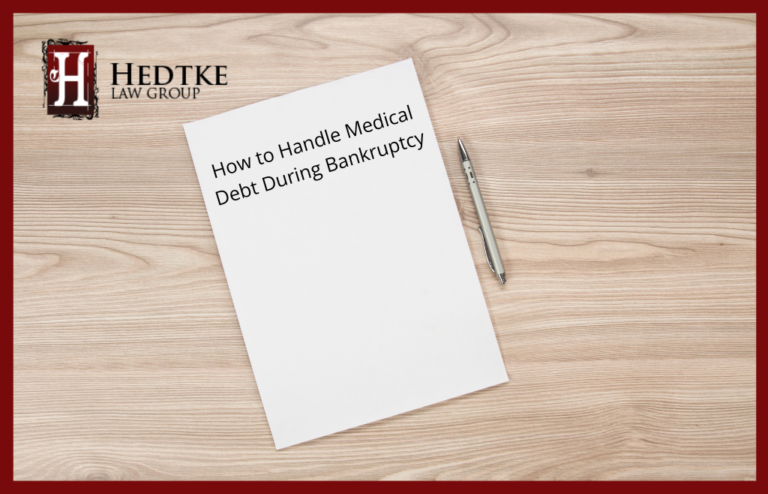 The worst-case scenario debtors think about before filing for bankruptcy is losing everything. Your house, car, furniture—what if it all goes away?
The worst-case scenario debtors think about before filing for bankruptcy is losing everything. Your house, car, furniture—what if it all goes away?
Fortunately, many people can retain their principal place of residence thanks to what’s called the homestead exemption. Each state (except for New Jersey and Pennsylvania, which have no homestead exemption) has slightly different rules on this protection. The state legislature in Sacramento recently passed a law that strengthens the California homestead exemption, which we’ll explain below.
How Much Can You Exempt?
The most recent homestead exemption for Californians is a minimum of $313,200 and maximum of $626,400. The previous year’s median selling price of a home in your county will correspond to the amount you will receive for your homestead exemption.
The median selling price of homes in Los Angeles or San Bernardino Counties, for instance, will generally be higher than those located in the Central Valley. As a result, the homestead exemption limits for most counties in Southern California will be $626,400 even though the median selling price may exceed that amount in many places.
Alternatively, someone filing for bankruptcy in Fresno County might have a better chance of getting their entire equity covered because the median selling price there did not even reach $313,200 in the previous year.
How Does the Homestead Exemption Actually Work?
If you are in debt and considering filing for bankruptcy, you will have at least a few creditors who would want to claim some of your property. Depending on what type of bankruptcy you file—Chapter 7 or Chapter 13—you will either be able to keep most of your assets or a decent portion. Chapter 7 bankruptcy, commonly known as liquidation bankruptcy, usually allows creditors to seize more assets than they would be able to in a Chapter 13 bankruptcy.
If you are filing for a Chapter 7 bankruptcy and are worried you will lose your home, find out the homestead exemption amount for your county and compare it to your home’s equity. If the homestead exemption amount is greater than the equity you have in your home, you will not be forced to move out.
Let’s say, for instance, that you have $700,000 of equity in your home. Depending on the type of bankruptcy you filed (and other circumstances), creditors may force you to sell your home. Assuming your home sells for at least $700,000, though, you should receive $626,400 from the sale’s proceeds to help purchase another place to live.
You may still take advantage of California’s homestead exemption if you voluntarily sell your home. However, you will have to declare the exemption. In a forced sale, you will generally receive an automatic exemption.
To ensure you receive the full homestead exemption to which you are entitled, consult an experienced California bankruptcy attorney before you file. Hedtke Law Group has helped countless people resolve their debts so they can obtain fresh starts in their financial worlds. Give us a call at 909-579-2233 or fill out a form on our website so we can get started on your better tomorrow.




